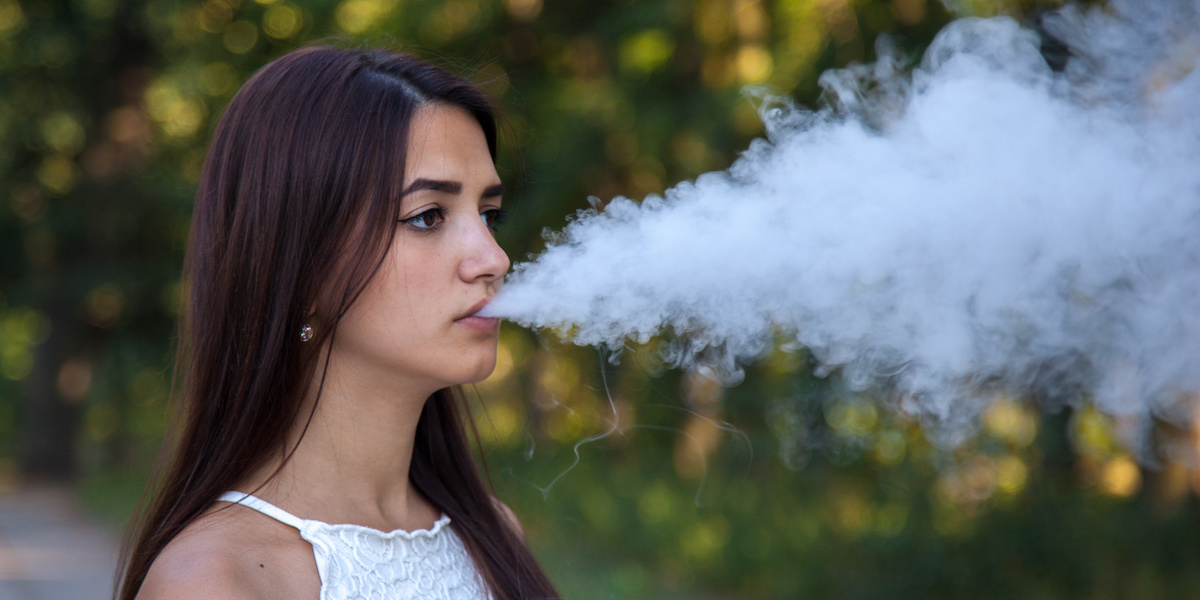
*The following is excerpted from an online article posted on MedicalXpress.
A growing body of evidence supports the idea that alcohol exposure early in life has lasting effects on the brain and increases the risk of psychological problems in adulthood. Now, researchers at the University of Illinois at Chicago have found that adolescent binge drinking, even if discontinued, increases the risk for anxiety later in life due to abnormal epigenetic programming. The findings of the study, which was conducted in animals, was published in the journal Biological Psychiatry.
“Binge drinking early in life modifies the brain and changes connectivity in the brain, especially in the amygdala, which is involved in emotional regulation and anxiety, in ways we don’t totally understand yet,” said Subhash Pandey, professor of psychiatry in the UIC College of Medicine, director of the UIC Center for Alcohol Research in Epigenetics and lead author of the study. “But what we do know is that epigenetic changes are lasting, and increase susceptibility to psychological issues later in life, even if drinking that took place early in life is stopped.”
“Epigenetics” refers to chemical changes to DNA, RNA, or specific proteins associated with chromosomes that change the activity of genes without changing the genes themselves. Epigenetic alterations are required for the normal development of the brain, but they can be modified in response to environmental or even social factors, such as alcohol and stress. These kinds of epigenetic alterations have been linked to changes in behavior and disease.
Adolescent rats were exposed to ethanol (a type of alcohol) for two days on and two days off or to the same protocol using saline for 14 days. All rats underwent an assessment for anxiety.
Pandey and his colleagues exposed adolescent rats to a regimen designed to mimic binge drinking. Those rats exhibited anxious behavior later in life, even if the binge drinking regimen stopped in late adolescence and the rats were allowed to mature to adulthood without any further exposure to alcohol.
These rats also had lower levels of a protein called Arc in the amygdala. Arc is important for the normal development of synaptic connections in the brain. Rats with less Arc also had about 40 percent fewer neuronal connections in the amygdala compared with rats that weren’t exposed to alcohol.
“We believe that the decrease in Arc levels is caused by epigenetic changes that alter the expression of Arc, and an enhancer RNA, which modifies the expression of Arc. These changes are caused by adolescent alcohol exposure,” said Pandey.
Source: MedicalXpress
https://medicalxpress.com/news/2019-03-binge-adolescence-anxiety-life.html

 E-cigarette and Cannabis Social Media Posts Pose Risks for Teens
E-cigarette and Cannabis Social Media Posts Pose Risks for Teens  ‘Dusting’ Is a Dangerous New Trend Among Teens
‘Dusting’ Is a Dangerous New Trend Among Teens  Teens of Any Age Who Drink Alcohol with Their Parents’ Permission Drink More as Young Adults
Teens of Any Age Who Drink Alcohol with Their Parents’ Permission Drink More as Young Adults